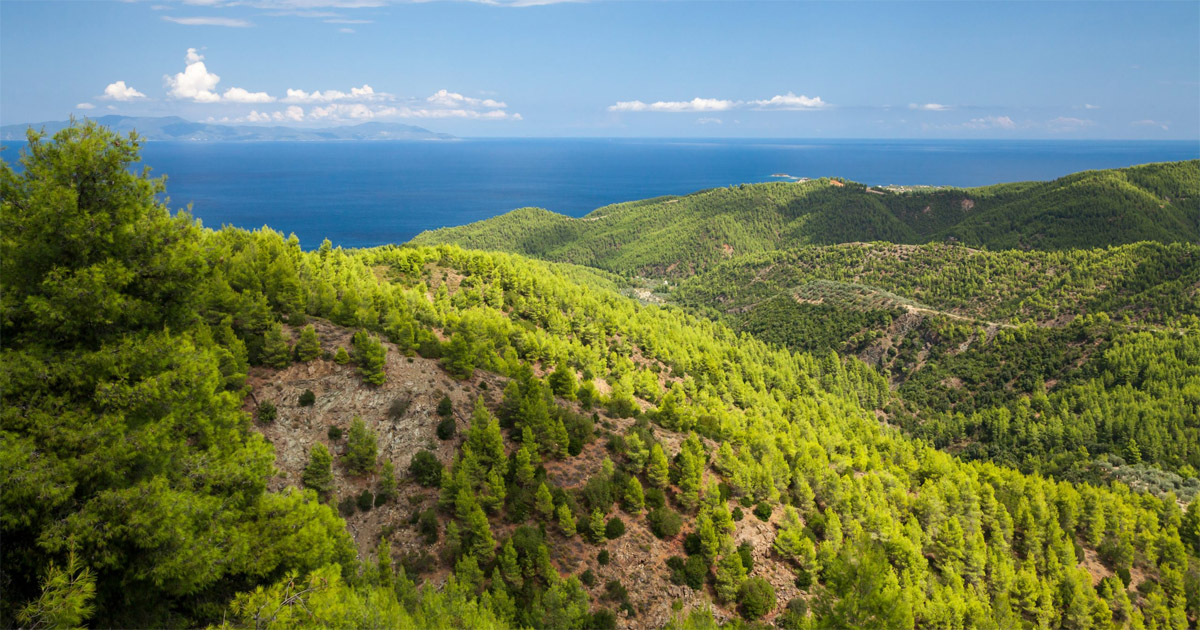
Wetlands play a vital role for people and the planet, providing a habitat for thousands of species and ecosystem services to coastal communities around the world. And yet, we’re losing them at a staggering rate – more than three times faster than forests, according to UNEP. Almost 90% of the world’s wetlands have been degraded in the last three centuries alone.
Ahead of World Wetlands Day 2024, we’ve gathered three experts for a GLF Live to help us understand the importance of wetlands, the challenges they face and the restoration work being done to keep these vital ecosystems thriving for future generations.
Join us on 1 February at 10:00 UTC for a conversation with Musonda Mumba, the Secretary General of the Convention on Wetlands, and Daniel Murdiyarso, Principal Scientist at the Center for International Forestry Research (CIFOR), moderated by marine biologist and Director of Oceanus Conservation, Camille Rivera.
Musonda Mumba is the Secretary General of the Convention on Wetlands with over 25 years of global experience in environmental management and sustainable development. She spent over 12 years at the UN Environment Programme working on climate change adaptation, environmental issues and nature-based solutions. Musonda Mumba has also worked in senior roles on issues related to landscape ecosystems management, climate change, restoration, conservation, and sustainable development. Before her work with the UN, Musonda Mumba had roles with the World Wide Fund for Nature, Ramsar Convention on Wetlands, and the Zambian government, as well as being the Founder of the Network of African Women Environmentalists.
Daniel Murdiyarso is Principal Scientist at the Center for International Forestry Research (CIFOR) and has 40 years of experience researching land-use change and biogeochemical cycles, and climate change mitigation and adaptation, publishing a large number of peer-reviewed articles and book chapters in these areas. He is also a Professor at the Department of Geophysics and Meteorology, IPB. Before this, Daniel Murdiyarso was a Convening Lead Author of the IPCC Third Assessment Report and the IPCC Special Report on Land-use, Land-use Change and Forestry as well as previously serving as Deputy Minister of Environment for the Government of Indonesia.
Camille Rivera is a marine biologist and the Director of Oceanus Conservation, a nonprofit organization aiming to restore the remaining blue carbon habitats in the Philippines. She is also a recent 2022 National Geographic Explorer. With a decade of experience in coastal management and marine conservation, she led various community-based mangrove restoration projects, facilitated sustainable livelihood to communities, and educated young people in ocean conservation. Camille received her MSc in Marine Biodiversity and Conservation at the University of Ghent, Belgium and a training scholarship from the Center of Excellence in Observational Oceanography at the Alfred Wegner Institute in Germany. Additionally, she has spoken about community-based restoration and conservation in UNFCCC COP26, UN Ocean Conference, and COP28 and the role of young people in nature-based solutions.













